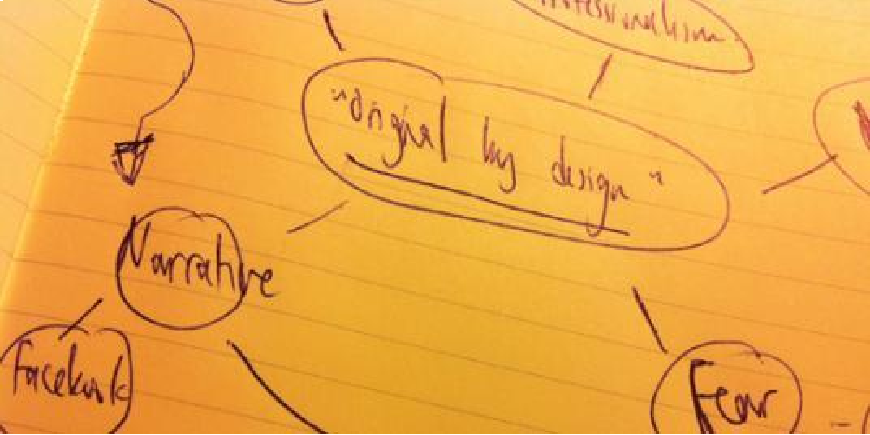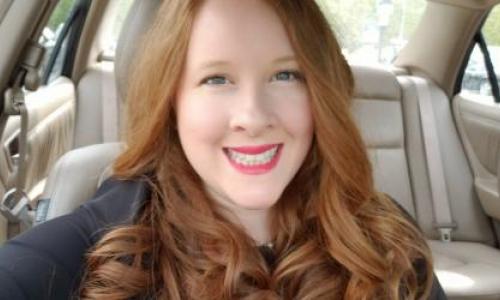
Besides your DNA, what's one thing about you that is true of no one else?
You might be inclined to say that nothing about you is truly unique - there's nothing new under the sun, everything's been done, we're all just grains of sand in an existential desert. I wouldn't disagree with you - there are a lot of people in the world.
Nonetheless, standing out - in a good way - is one of the best things you can do in your work search. Given the volume in most job applications these days, giving an employer the impression that you've got something other applicants don't is almost always a good thing.
When I say that to a student, I can reasonably predict what their next questions will sound like:
-
How can I stand out in a good way?
-
Won't I seem less professional?
-
What if I'm not confident enough to step out of my comfort zone?
Doubts abound. We (the collective) don't do a very good job of raising independent thinkers. At least, not without an accompanying feeling of fear.
There are many ways to stand out in a job application - one of which I'd like to focus on in more detail. Before examining that, however, I thought I would spend some time on the fear thing.
Most people are afraid to stand out. What is this fear really about? Is it fear of success/failure? Fear of rejection? What about, as crazy as it sounds, fear of ourselves? There is something about authenticity - in the most existential meaning of the word - that is particularly anxiety provoking.
Authenticity - the courage not to do, but to be - is an ideal that few attain consistently, much like the self-actualization espoused by humanistic theorists. Existential psychologists hold authenticity to be the healthiest, most adaptive, most human "mode of life." This is not to say that being authentic is some kind of secret to happiness - suffering, pain, and anxiety are acknowledged and embraced as necessary parts of life.
Truly living authentically is difficult. Not only does this mean being honest with yourself, it means accepting ultimate responsibility for your life and choices. That's a rather large pill to swallow, and all we're talking about is being yourself!
There's no reason to panic, though. As it turns out, there's a way to be a little bit more authentic, while helping yourself to stand out at the same time. It's as simple as telling your story.
Your story may be the one thing about yourself that is truly unique. No one else has lived through the same range of experiences, with the same perspective. What's more - past and future versions of yourself don't even share the same story, because it is constantly evolving, changing in both small and significant ways.
How someone interprets the story of their life depends on many things. The lens through which you currently see the world is one major factor, and that lens changes size, thickness, and colour frequently. As you gain life experience (a larger vocabulary), your story and the way you tell it will grow in complexity and nuance. When you experience a major life transition, it's like your story has to be translated from one language (the one you spoke before the transition) to another, meaning that new interpretations of the same experiences will become visible, just as some things that seem less important might be lost in translation. The more translations your story undergoes, the more drastic the changes will be over time.
The thing to remember is that the only story that can possibly matter is the one you're telling right now. There's never been a story like it, and there will never be another just like it again.
That's just human nature.
So, tell your story. Embrace it, and take pride in it, because it is who you are: original, by design.
Just how might you go about that in your next job search?
Stay tuned for next week's article to hear some of my ideas.
















